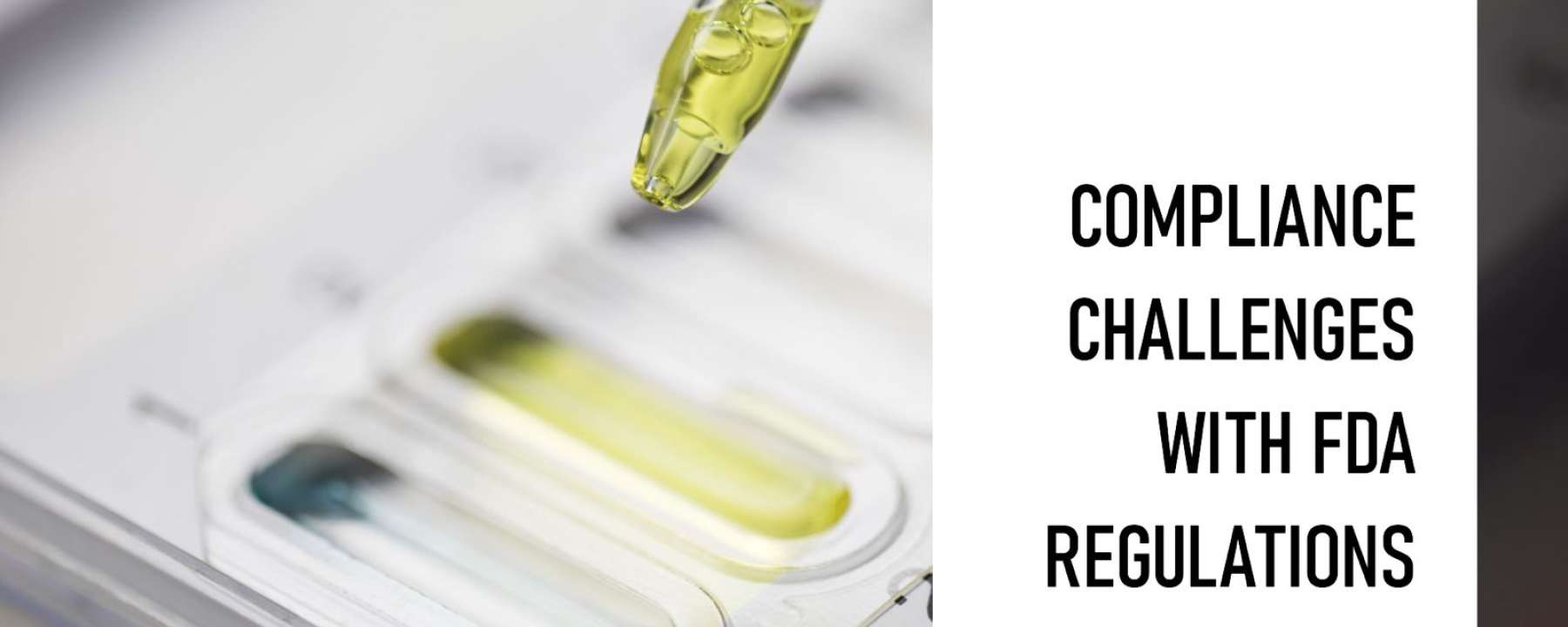
FDA Regulations and Compliance: Ensuring Safety in the Industry
The United States Food and Drug Administration (FDA) plays a crucial role in protecting and regulating the food, drug, medical device, biologic, and cosmetic industries in the United States. Its regulations and compliance requirements are essential to ensure the safety and effectiveness of products entering the market. This article explores the importance of FDA regulations and how companies can effectively comply with them.
The Importance of FDA Regulations
FDA regulations are designed to protect public health by ensuring that products available on the market are safe, effective, and of high quality. These regulations encompass the entire product lifecycle, from research and development to manufacturing, distribution, and marketing. Some key areas regulated by the FDA include:
- Safety and Effectiveness: The FDA requires manufacturers to demonstrate the safety and effectiveness of their products before they can be approved for marketing. This involves conducting clinical studies and providing robust data to support product claims.
- Labeling and Advertising: FDA regulations also cover product labeling and advertising. Labels must be accurate and free from misleading claims. Advertising must comply with specific standards to ensure that the information provided to consumers is accurate and not misleading.
- Good Manufacturing Practices (GMP): GMPs are standards established by the FDA to ensure that products are manufactured under sanitary conditions and meet quality specifications. This includes requirements for facilities, equipment, personnel, and manufacturing processes.
- Post-Market Surveillance: The FDA continues to monitor the safety and effectiveness of products once they are on the market. This includes reviewing adverse event reports and taking corrective action if safety issues are identified.

Compliance with FDA Regulations
Compliance with FDA regulations is critical for all companies operating in the food, drug, medical device, biologic, and cosmetic industries. Non-compliance can have serious consequences, including regulatory actions, fines, and product recalls. Here are some key strategies for ensuring compliance:
- Knowledge of Regulations: It is essential for companies to understand the regulations applicable to their products and operations. This involves staying up-to-date on regulatory requirements and any changes in FDA policies.
- Implementation of Quality Systems: Companies should establish robust quality systems that comply with GMPs and other regulatory requirements. This includes training staff, proper documentation of processes and procedures, and conducting regular internal audits.
- Supply Chain Monitoring: Companies must ensure that all suppliers and partners in the supply chain comply with FDA regulations. This may involve conducting supplier audits and establishing contracts that include regulatory compliance clauses.
- Post-Market Surveillance: Companies should have robust systems in place to monitor the safety and effectiveness of their products once they are on the market. This may include collecting and analyzing adverse event data, as well as implementing corrective measures when necessary.

Conclusions
FDA regulations are essential to ensuring the safety and effectiveness of products in the food, drug, medical device, biologic, and cosmetic industries. Compliance with these regulations is a critical responsibility for all companies in this space. By understanding and complying with FDA regulations, companies can protect public health, build consumer trust, and ensure long-term success in the market.
Pro Pharma Research Organization offers a variety of services that adhere to the guidelines established by the FDA. Contact us for more information.